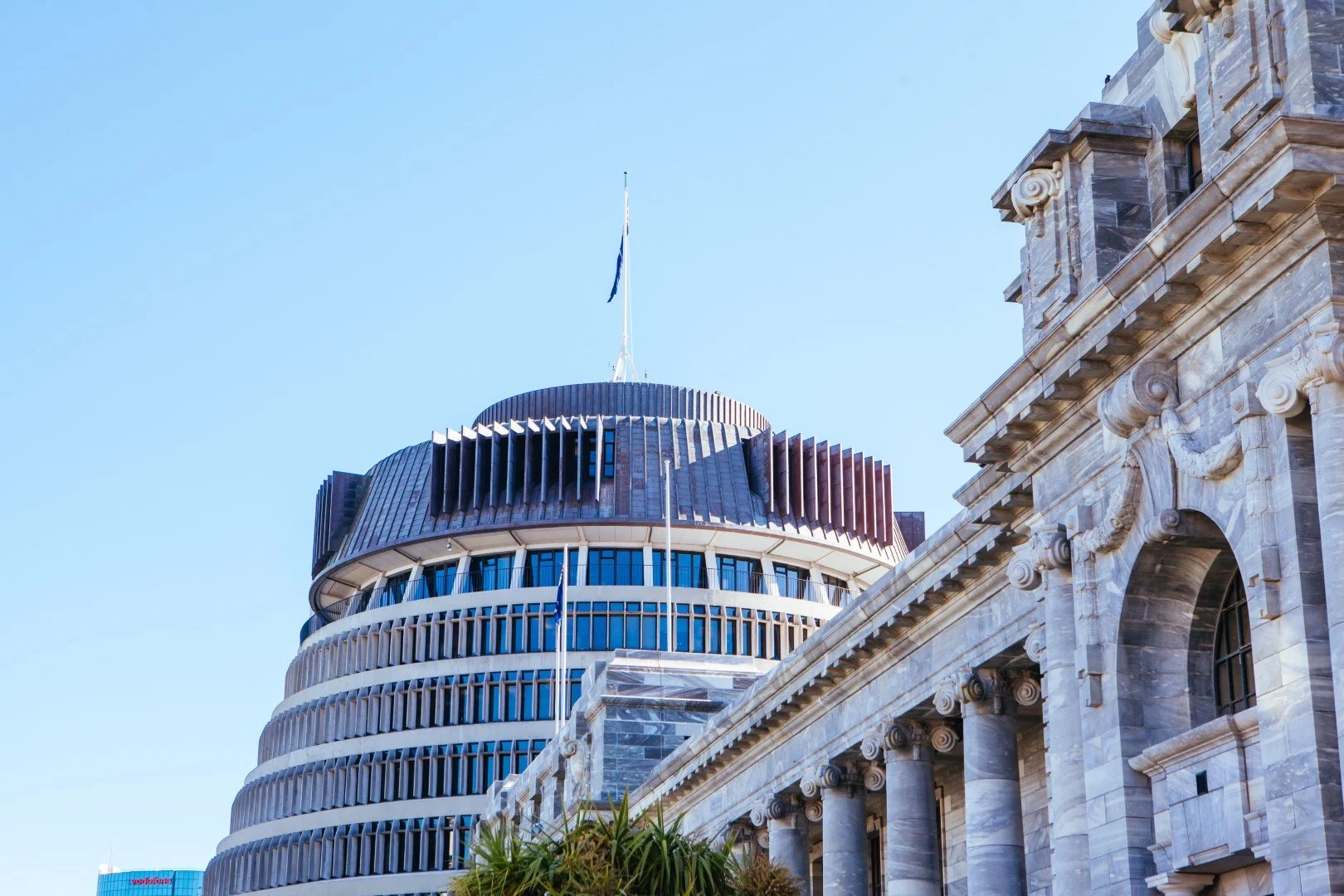Reusable bags, paper straws and recycling are great initiatives, but many have elevated their thinking to sustainable investing. Kiwis are increasingly interested in how they can make their investment decisions in accord with their views about human rights, climate change and environmental sustainability. But where does one start? A good first step is to define goals around sustainable investing.
For example, we installed rooftop photovoltaic solar panels at our workplace in Hastings and switicng our fleet cars to full electric, powered by solar. We’re motivated primarily by reducing our use of fossil fuel-derived energy sources. But we also want the financials to add up so that we ultimately cut our energy bills.
As consumers and as citizens, we’re constantly faced with such trade-offs in making decisions around sustainability. In investment, it’s no different. We want to do the right thing for the planet, but we also want to meet our long-term wealth goals.
Finding the Balance
The good news is that it is now possible to build an effective investment solution that maximises your chances of getting to where you want to be financial while reducing the carbon footprint of your portfolio and focusing on a host of other environmental and social variables.
The key to this approach to investment is to focus first on sticking to core principles, such as building your portfolio around the long-term drivers of higher expected return, diversifying broadly to manage risk and keeping your costs low.
Once those elements are in place, you can go about reducing your exposure to the companies with the highest level of greenhouse gas emissions “intensity”. This refers to a way of measuring emissions relative to the size of the company in terms of its revenue. Obviously, a bigger company will often generate more emissions than a smaller company so you have to account for that.
At the same time, you can overweight those companies that have lower greenhouse gas emissions intensity. But that’s not the end of it. What about all that coal and gas in the ground? We also want to account for the supply side of emissions, companies with large amounts of fossil fuel reserves which can be viewed as potential emissions to be generated once these reserves are harvested and consumed.
Alongside emissions and potential emissions, you can take account of other environmental issues like land use, biodiversity, toxic spills, operational waste and water management. And you can consider social issues like child labour, alcohol, tobacco, gambling and firearms.
It's important to understand that no single investment solution will ever tick every box for every person. But you can go a long way to meeting your goals if you supplement your choices as an investor with your choices as a consumer and as a citizen.
For instance, while there may not be an option in your investment portfolio to invest in recycled plastic and paper, you could decide as a consumer to insulate your home with such products. No wind or solar farms in your portfolio? Why not switch to an electricity provider that relies on renewable energy?
Evaluating the results
Just as a weight loss program makes no sense without a set of scales, if you want to invest in sustainability you need to be able to measure the impact you’re having! In a global sustainability portfolio, for instance, emissions intensity can be cut by 80% or more and up to 100% for potential emissions from reserves.
With social screens, we can take more of a black-and-white approach. So companies that draw a significant proportion of their revenues from tobacco, gambling, pornography, or one of the other proscribed activities can be excluded altogether.
The key point to take away is that investing well and sticking to your values around sustainability need not be incompatible concepts. But as always you have to take a systematic approach, one that observes the principles of diversification and targets the sources of higher expected return.
Seeking Advice
Of course, decisions around sustainability can often be made more complicated for an individual by the sheer volume of jargon involved. What does ESG mean, for instance? Socially responsible investing? Impact investing?
This is where a professional financial adviser who understands your goals, risk appetites and values can be valuable. An adviser can help you achieve the dual goal of efficiently taking into account sustainability and social considerations while building robust investment solutions aimed at growing savings for future consumption.
Ultimately, it is important to have a diversified solution that meets both your personal values and your financial goals. Because, without a direct link to financial goals to personal values, money is only as valuable as the paper it’s printed on.
· Nick Stewart is a Financial Adviser and CEO at Stewart Group, a Hawke's Bay-based CEFEX certified financial planning and advisory firm. Stewart Group provides personal fiduciary services, Wealth Management, Risk Insurance & KiwiSaver solutions.
· The information provided, or any opinions expressed in this article, are of a general nature only and should not be construed or relied on as a recommendation to invest in a financial product or class of financial products. You should seek financial advice specific to your circumstances from an Authorised Financial Adviser before making any financial decisions. A disclosure statement can be obtained free of charge by calling 0800 878 961 or visit our website, www.stewartgroup.co.nz


